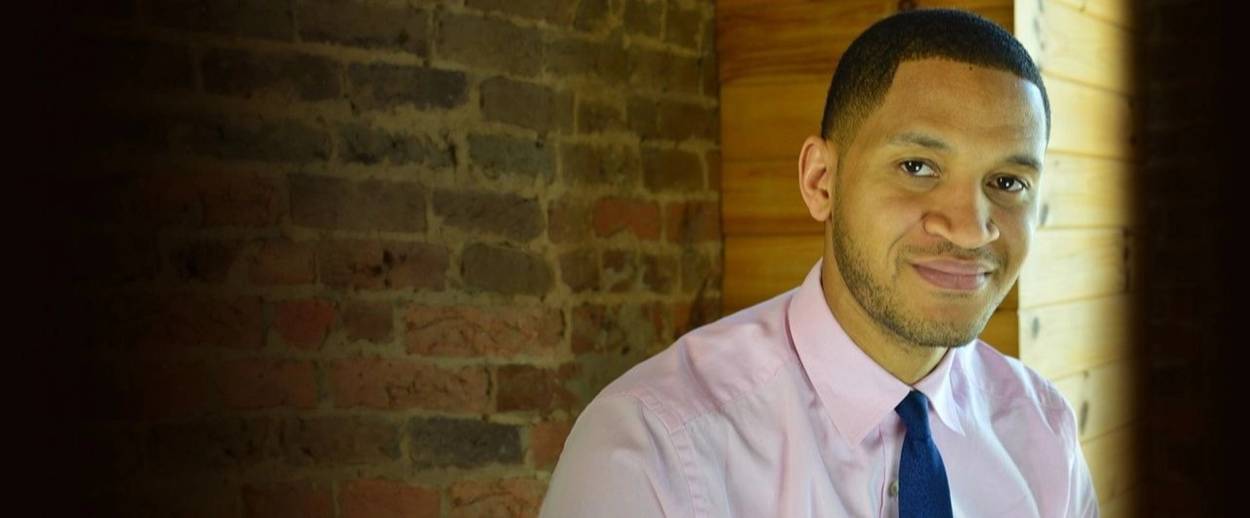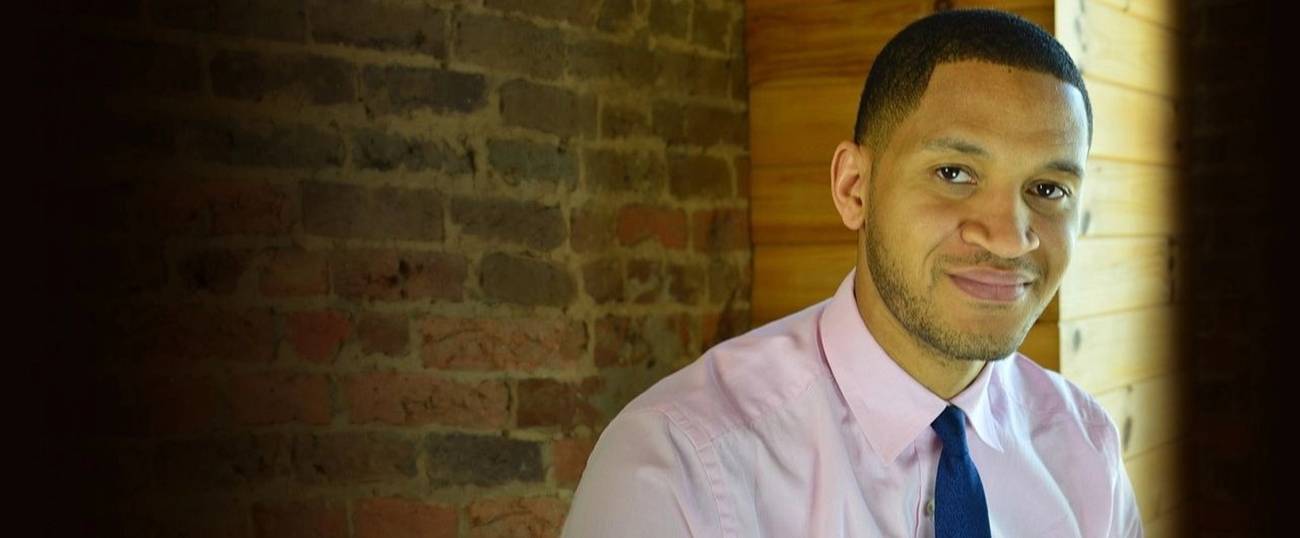Democratic Rep. Danny Davis’s Progressive Primary Challenger Slams His Praise of Farrakhan: ‘No One Holds Him Accountable’
Anthony Clark musters the condemnation of anti-Semitism that no elected Democrat has yet managed




Last month, Democratic congressman Danny Davis called Louis Farrakhan “an outstanding human being,” and defended his longtime ties to the man who has been labeled a hatemonger by the Anti-Defamation League and Southern Poverty Law Center. (Among other exploits, Farrakhan has dubbed Jews “Satanic,” claimed they were responsible for 9/11, and asserted that they are using Hollywood to make people transgender.) After Davis’s office was contacted by the ADL, his staff claimed he had been misquoted by a reporter. But on Sunday, Davis doubled down on his comments to the same reporter, upending his office’s damage control operation. “I don’t have no problems with Farrakhan,” he said. “The world is so much bigger than Farrakhan and the Jewish question.”
Thus far, congressional Democrats have responded to Davis’s defense of an anti-Semitic homophobe by avoiding the issue. Not one of them has yet condemned his remarks. Likewise, local Chicago media outlets—which breathlessly reported last month on Arthur Jones, a fringe Nazi crank congressional candidate with no chance of winning—have completely ignored the story of a sitting member of Congress with unrepentant ties to one of America’s most notorious anti-Semites.
Last night, however, Davis’s progressive primary challenger managed to do what the entire Democratic caucus and Chicago media establishment could not. Anthony Clark, an African-American grassroots left-wing candidate running to unseat Davis in Illinois’ 7th District, slammed the congressman for his ties to Farrakhan, first on social media, and then in an interview.
“I would be hypocritical to yell against Trump and point fingers at someone because of racism and yet ignore anti-Semitism or homophobia or Islamophobia or classism or agism,” he told me. “You have to literally fight to hold accountable any and everybody. Because if not, we’re not going to change anything.”
“Danny Davis is an interesting individual,” he continued, “and I feel like to date he has always gotten away with his missteps, just because he’s been entrenched in our district. That carries a lot of power and a lot of weight, and with the fickle nature of our public and our society, we’re outraged for like a minute or two and then we move on. But his ties to Farrakhan are extremely deep.”
“I don’t consider him a progressive at all,” Clark added, noting how Davis opposes corporate PAC money in politics yet takes it himself. “He gets away with stuff like that because no one holds him accountable and he hasn’t had viable competition.”
After his Sunday remarks began to attract critical attention from the ADL and CNN’s Jake Tapper, Davis (or perhaps his staff) once again attempted to contain the fallout, posting a short statement attacking the media outlet that reported his comments, without denying that he made them. The statement added: “History is replete with the horrific consequences of racism, anti-Semitism, homophobia, Islamophobia, male chauvinism and other forms of hatred and bigotry and discrimination. Those who promote these views are pursuing an agenda which I will never accept.”
But as Clark noted, the “weak as hell” statement never even names Farrakhan: “He still hasn’t denounced Farrakhan; he’s beating around the bush.”
The 35-year-old Clark has worn many hats on his way to his longshot congressional candidacy. He served in the U.S. armed forces (where he would be disillusioned by those he saw who were “drunk on power”), taught special education at his alma mater, and founded a local non-profit. “We brought Muslim, Jewish, and black students together to work on service learning projects, because we’re focused on building bridges,” he said. “I believe the health of one community directly impacts the health of other communities, and that’s physically as well as from a social standpoint.”
“Nothing changes on the national level until it changes locally, and that goes for anti-Semitism,” Clark argued. “You have to do work locally to systemically make change on the national level, and he [Davis] doesn’t get that at all.”
“When you’re wrong, you’re wrong, and if you’re not effective, you’re not effective, and that’s the bottom line.”
Yair Rosenberg is a senior writer at Tablet. Subscribe to his newsletter, listen to his music, and follow him on Twitter and Facebook.